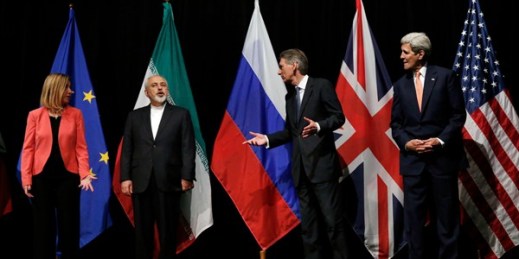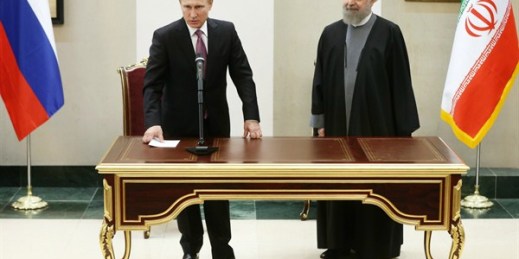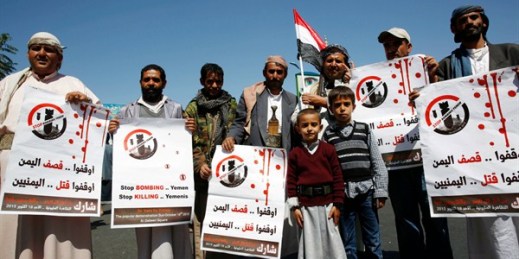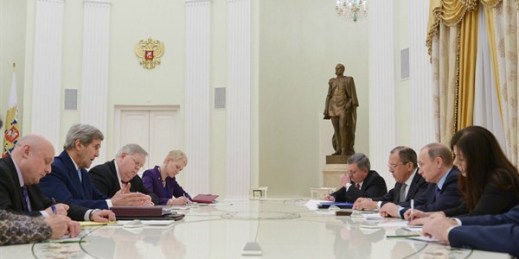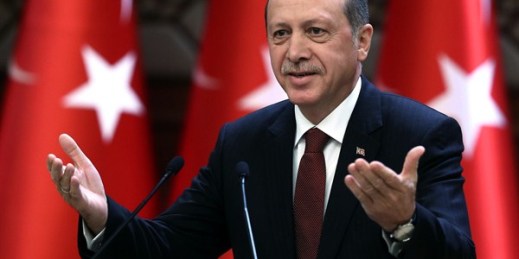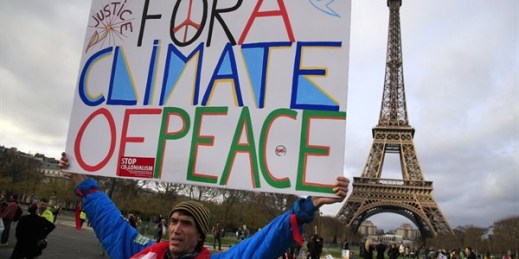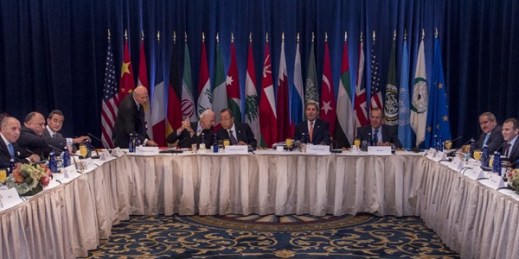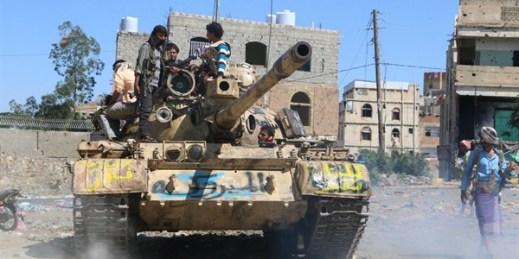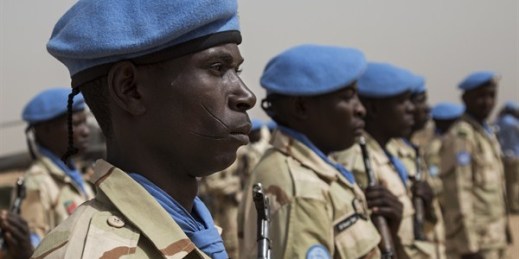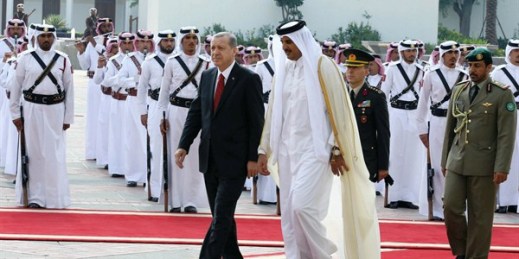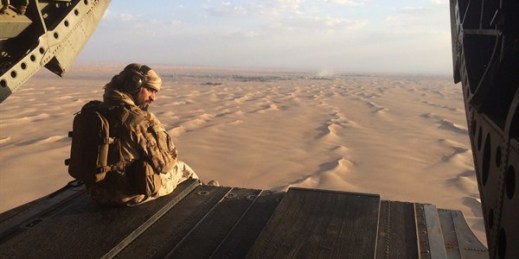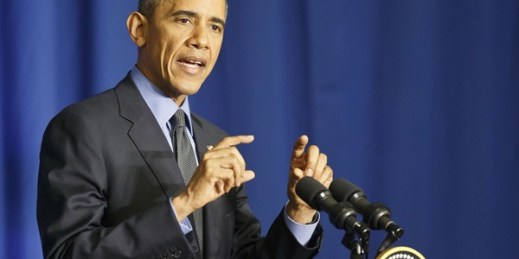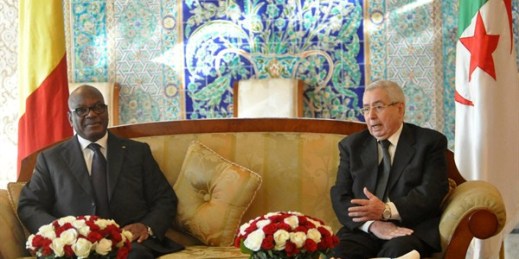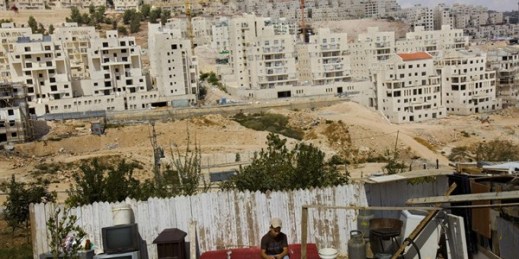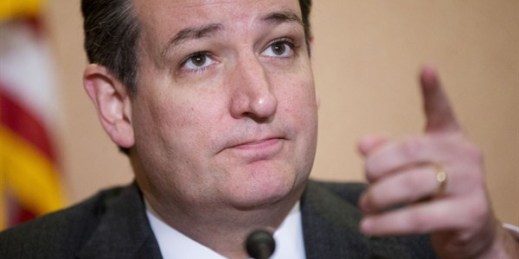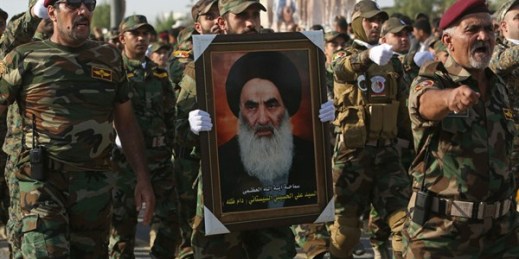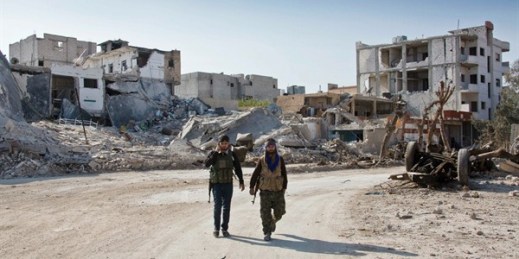
For the past century, the United States has had a complex, shifting relationship with dictators. On one hand, America’s liberal instincts convinced the public and its elected representatives that democracy was the only stable form of government over the long run. But after the U.S. became a global superpower following World War II, this was counterbalanced by a conservative quest for order, stability and a carefully modulated pace of change. These two sides of the American strategic psyche were often in conflict when it came to dealing with dictators around the world. As decolonization blended with rising Soviet power during […]

